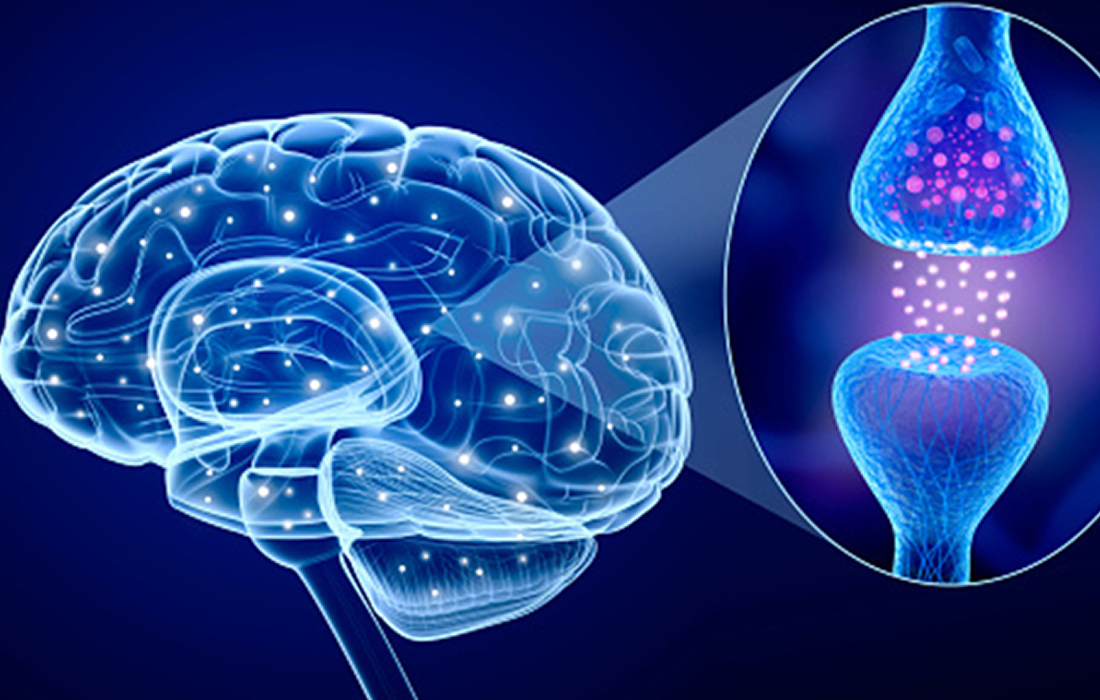Stem Cell Therapy for Specific Conditions
Mesenchymal Stem Cell Therapy for Parkinson’s disease
Parkinson’s disease is a chronic progressive, neurodegenerative disease with a multifactorial etiology. It is characterized by hallmark signs of bradykinesia, rigidity, tremor, and postural instability, it is superseded only by Alzheimer’s disease as the most common neurodegenerative disorder. PD exerts substantial burden on patients, families of patients, and caregivers and is associated with a significant increase in morbidity and disability.
Parkinsonian symptoms can arise from either the neuropathologic condition of PD (idiopathic PD [iPD]) or other forms of parkinsonism. For neuropathologic PD, about 90% of cases are sporadic, with no clear etiology; an additional 10% have a genetic origin, and at least 11 different linkages with 6 gene mutations have been identified.
Genetic forms of PD are seen more frequently in young-onset PD. A combination of environmental factors or toxins, genetic susceptibility, and the aging process may account for many sporadic cases. Secondary forms of parkinsonism can be caused by medications, the sequelae of central nervous system infection, toxins, or vascular/metabolic disorders.
The onset of PD is often subtle and very gradual. There are however many hallmark signs of Parkinson’s disease. Some of these signs and symptoms are:
- Tremor present when extremity/limb is at rest, that terminates with movement. Resting hand tremor is the most characteristic.
- Bradykinesia.
- Rigidity of the extremities or trunk.
- Impaired posture and balance.
- Cognitive impairment:
- Memory loss.
- Impaired judgment.
- Poor planning.
- Depression, sleep disturbances.
Current treatments are mostly pharmacological and are limited to symptomatic relief of patients. It also has failed to prevent or slow down the process of neurodegeneration. Because dopamine deficiency is the main cause of PD, the treatments have been aimed at restoring the neurotransmitter levels of dopamine.
Due to this failure of preventing the neurodegenerative process of the disease, researchers have been looking for alternative treatments that could change the course of this process. Mesenchymal stem cells (MSCs) are one of the cellular therapies currently being studied for the treatment of PD.
MCSs belong to the mesodermal lineage and are found in tissues like bone marrow and fatty tissue. They can also be isolated from other mesenchymal tissues, such as umbilical cord, dermis and peripheral blood. As with some other tissue stem cells, MSCs have a high capacity for self-renewal while maintaining multipotency.
The biologic property that most uniquely identifies MSC is their capacity for trilineage mesenchymal differentiation. In vitro MSCs differentiate into the cells of mesenchymal lineage such as bone, cartilage and adipose tissue. Also, they have a mechanism that gives them the ability to seek out the site of tissue damage, called homing.
MSCs have two major effects: a trophic effect that is mediated by the various types of trophic factors and cytokines produced by MSCs and differentiation to generate a broad spectrum of cells for the replenishment of lost cells.
To restore the cell loss in the nervous system and provide healthy dopaminergic (DAergic) neurons, stem cell therapy has been suggested and several studies – animal and clinical investigations – have worked on use of Human umbilical cord mesenchymal stem cells (hUC-MSCs) in PD treatment.
Numerous studies have shown that hUC-MSCs are able to differentiate into DAergic cells or protect them from degeneration. A group of researchers, Mathieu et al, transplanted undifferentiated stem cells to the degeneration substantia nigra (an area commonly affected in PD) of rats. On the 21st day, the protective effect of MSCs increased and cell survival was noted up to 20% and improved performance in behavioral tests was observed.
MSCs provide strong possibilities for different clinical applications, neurodegenerative disorders like Parkinson’s disease is one of them. Because they are easily accessible cells with few ethical problems and can be efficiently expanded in vitro to achieve therapeutic scale.
Source:
Neveen A Salem. Mesenchymal Stem Cell Based Therapy for Parkinson’s Disease. Stem Cell Research & Therapy. DOI: 10.23937/2469-570X/1410062.
Reyhani, S., Abbaspanah, B., & Mousavi, S. H. (2020). Umbilical cord-derived mesenchymal stem cells in neurodegenerative disorders: from literature to clinical practice. Regenerative Medicine. doi:10.2217/rme-2019-0119.

